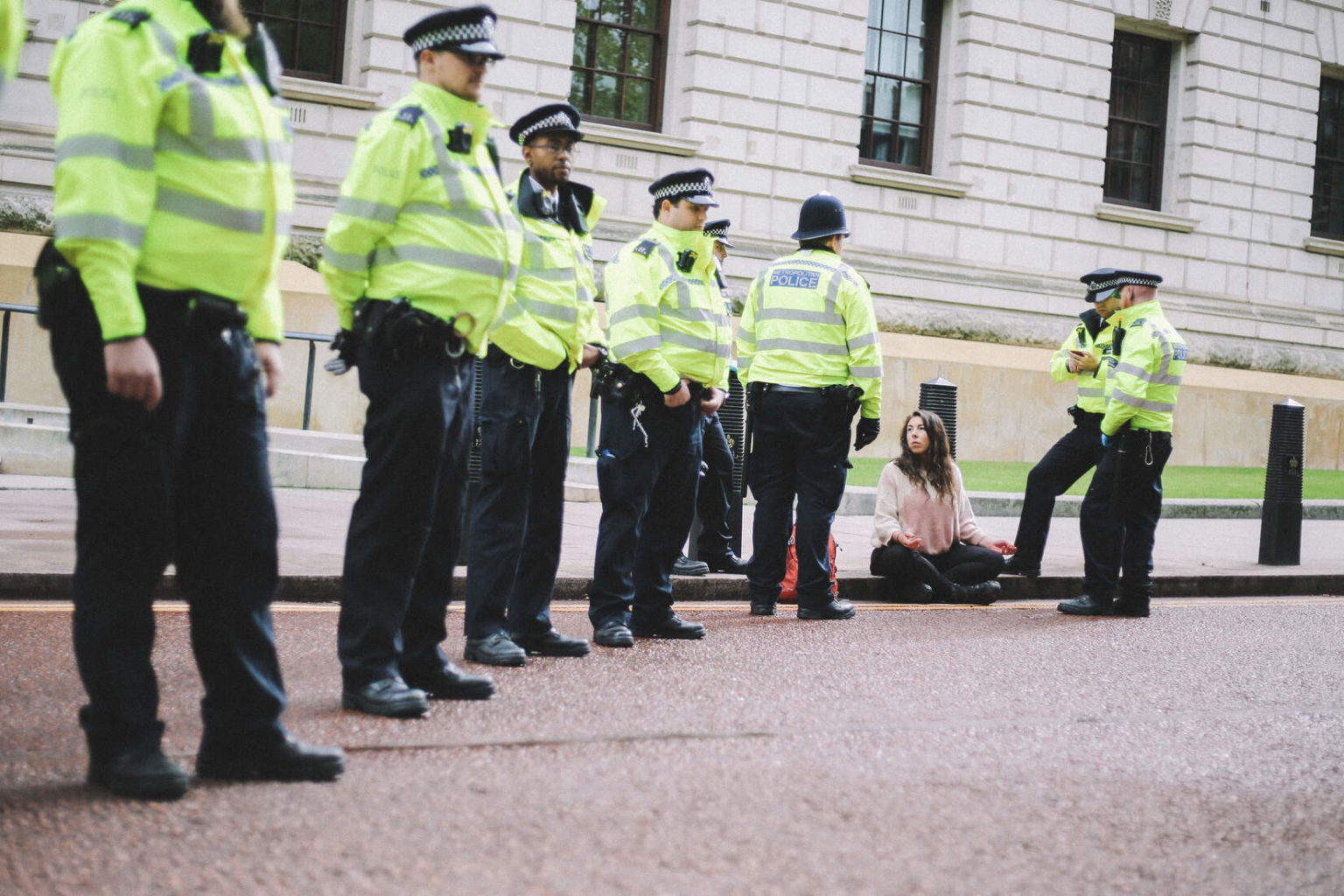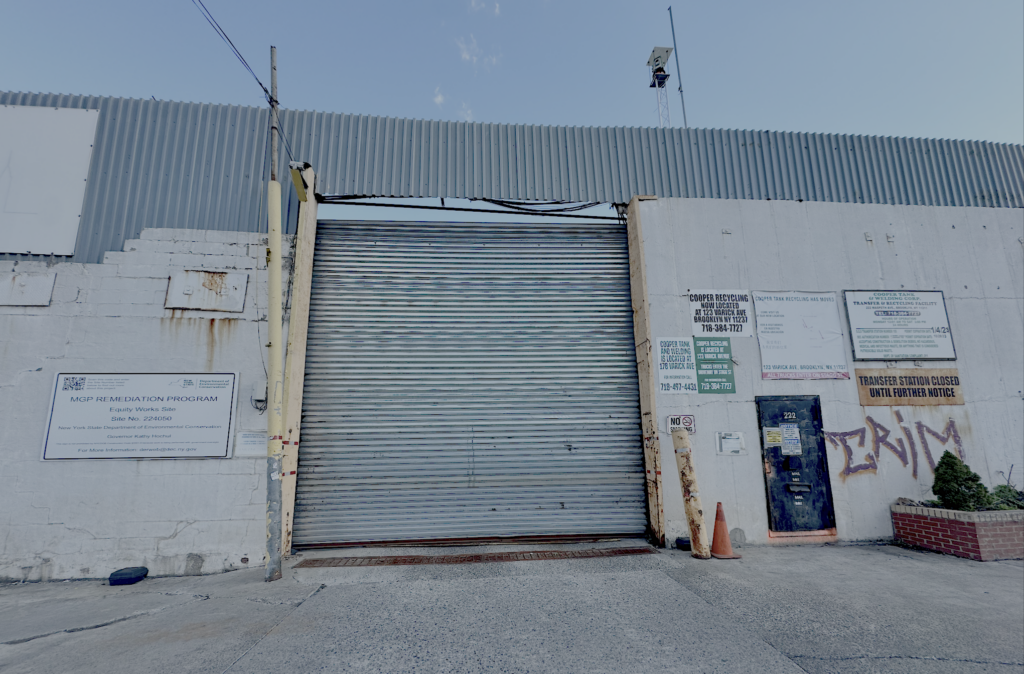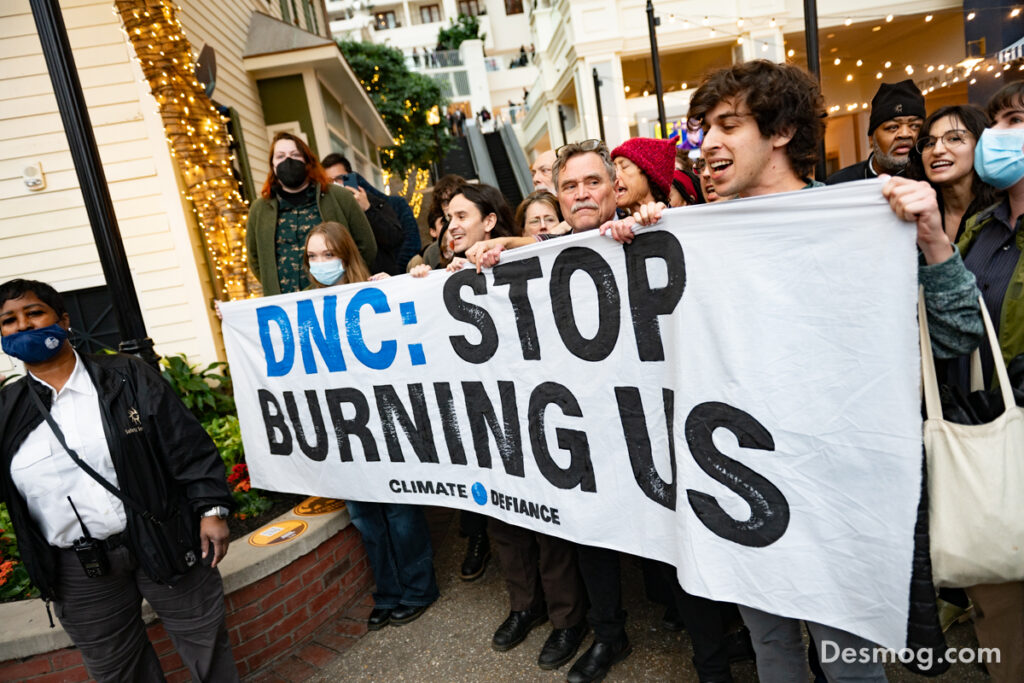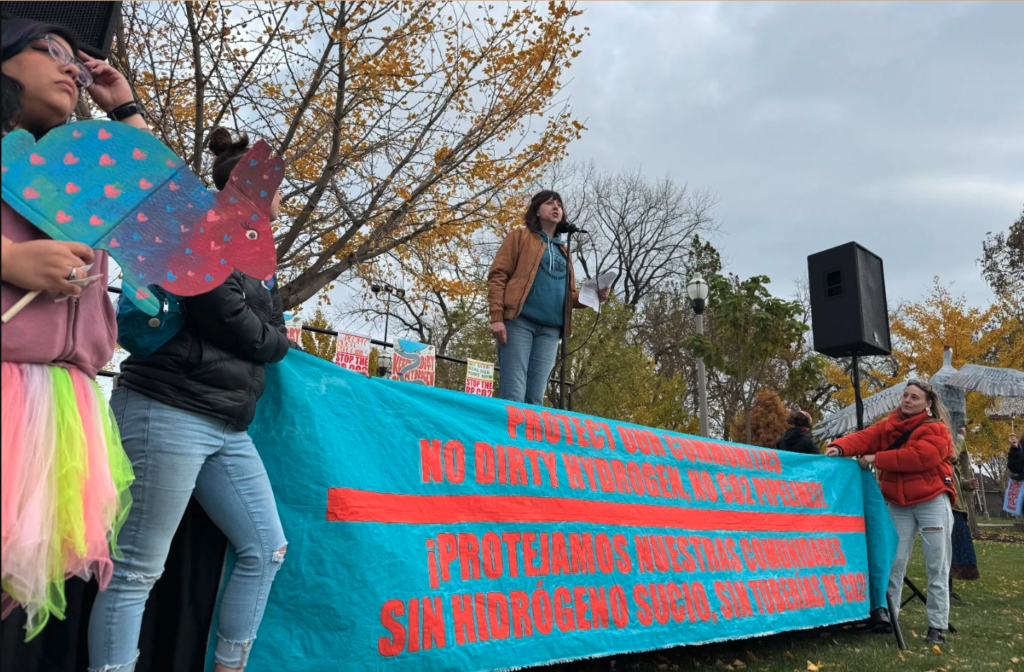The police have been accused of abusing their power in more than 500 instances during the Extinction Rebellion protests in October, according to a report released this week by the independent Network for Police Monitoring (Netpol).
The organisation, which protects people’s freedom to protest, collated reports of interventions by the Metropolitan Police in response to Extinction Rebellion’s acts of nonviolent civil disobedience in London last month. The Metropolitan Police disputed many of the allegations in a statement.
Here are six ways in which the police abused their power, according to the findings of Netpol’s report.
- Banning protests was unlawful, disproportionate and unreasonable
During the protests, police used Section 14 of the Public Order Act 1986 to limit protests to a designated area – to Trafalgar Square and around Trafalgar Column – and then to completely ban protests within London altogether.
This intervention was subsequently ruled unlawful. The High Court said the move went beyond the powers granted to the police by the Public Order Act 1986, and that the Met shouldn’t have defined the uprising as a single public assembly on which it could impose the order.
Nonetheless, the ban caused “confusion and alarm”, according to the report, and had a chilling effect on rights to freedom of expression and assembly as individuals feared that they would be arrested for associating with Extinction Rebellion.
“It simply could not be said that all XR assemblies across the whole of London constituted the same level of serious disruption (if any) yet all were subject to the same blanket direction to cease,” said David Mead, professor of UK human rights law at the University of East Anglia, who is quoted in the report.
“The Met’s decision wrongly assumed that a pair of teenage XR activists protesting outside their school in Tooting would be seen as disruptive as the hundreds at Oxford Circus – and that clearly is not the case,” he said.
- The police were more interested in preventing protest than facilitating it
Netpol’s report accuses the police of failing to be insufficiently impartial when responding to Extinction Rebellion protests. As such, instead of ensuring the protests could proceed with minimum disruption to the public, the Met focused on preventing the protests altogether.
“With senior officers, the Prime Minister and much of the media speaking in a derogatory way about XR and demanding an immediate clamp down on its protests – with little regard for any balance of rights – one would be naïve to think that this affected none of the officers whose behaviour has led to complaints in this report,” says Netpol.
The report suggests senior police officers and government ministers should take more care not to speak disparagingly of protests and that officers on the ground need to remember their duty to act with impartiality.
The Metropolitan police said: “It is the police’s role to provide a lawful and proportionate response to any planned protest, whilst balancing the potential impact on the community with the human right to protest. However, while protest is a fundamental human right, it does not give individuals or groups the right to disrupt the lives of other people to the extent Extinction Rebellion did. Regardless of whether a protest is peaceful or non-violent, it can still be unlawful.”
- Police were unjustified in their use of violence and aggression in making arrests
More than a minimum use of force was used to arrest protesters who had already made a public commitment to neither fleeing from nor resisting arrest. This particularly applied when protesters were carrying out lock-ons – a common practice that should have been left to specialist officers.
One protester who had engaged in a lock-on described an unpleasant encounter with the police as they tried to release them:
“The saw they chose to use was not able to cut through the metal. They ground through at least one blade, not cutting the binding, but heating it up to unbearable temperatures. When we called out in pain, they would stop for a few seconds and then carry on. The top of my thumb swelled to at least half again its normal size, and I was later diagnosed with a third-degree full thickness burn.”
There were also concerns around the mistreatment and harassment of women, the Netpol report says. “I was put into handcuffs and went floppy and so several policemen carried me. One of them grabbed my arse in order to carry me. I had to shout several times until he let go,” recounts one protesters in the report.
A spokesperson told DeSmog UK that the police had received 59 complaints relating to the policing of the October protests, 16 of which had been deemed invalid.
“The MPS [Metropolitan Police Service] has not received any complaints relating to inappropriate touching or contact from any officer. Any complaint submitted to the MPS is taken seriously and dealt with diligently, and should a complaint of this serious nature be submitted, it would be addressed appropriately,” they said.
- The police discriminated against disabled protesters by failing to meet their needs
There needs to be an urgent review of how the police both facilitate disabled people’s right to protest and how disabled people are treated on arrest, Netpol recommends, after police actions during October’s rebellion illustrated several failures.
These included the failure to take on board information provided about protesters’ disabilities during arrest, inadequate transport and the failure to make reasonable adjustments for disabled people in police cells.
The police also tried to prevent the presence of disabled facilities during the rebellion, undermining disabled people’s right to protest.
The police said: “When officers make arrests, they do so with dignity and respect. The health and wellbeing of people in our care and custody is a key priority. The organisation prides itself on providing a safe and professional environment for the care of all its detainees by well-trained officers and staff.”
“On 23 October 2019 the MPS received a letter and formal complaint from the Disabled Independent Advisory Group in relation to the policing of Extinction Rebellion ‘Autumn Uprising’. The MPS met with the DIAG on Friday, 25 October to discuss the contents of the letter and continues to remain in contact with the group. It would be inappropriate for us to comment further on a private meeting.”
- By criminalising all Extinction Rebellion protesters, the police delegitimised them as citizens with rights
During the protests, all Extinction Rebellion protesters were seen by the police as “criminals”, and were judged not by their individual actions but by their association with a movement that had been deemed illegal, says Netpol.
Delegitimising tactics included the abuse of stop and search powers, as well as confiscation and destruction of protesters’ property. For many, there was no avenue available to reclaim confiscated property.
The Netpol report outlines one such incident where the police questioned a husband and wife in their fifties (edited here for clarity).
Police: Can I ask you where you are going?
XR man points towards Trafalgar Square.
Police: I think I need to take those poles off you.
XR man: Why?
Police: You’re not allowed to be protesting in London. What is in your bag?
XR man: I’ve got some leaflets.
Police: Can I have a look?
He proceeded to confiscate the leaflets, a tabard which said ‘I’m a rebel, follow me,’ and the sticks.
XR man: What’s the problem with the flyers?
Police: They could incite breaking the law.
The police said: “Officers have powers to seize any equipment which they believe will facilitate unlawful protest. Equipment is not seized on the basis of who it belongs to, but on its ability to enable unlawful protest which could cause serious disruption to the community.”
- “No surprises policing” appears to have been mostly abandoned
The police caused confusion and alarm among protesters, says the Netpol report, contrary to the recommendations in 2009 that the police take a “no surprises approach” to protests, where the public are made aware of likely police action.
For instance, on 5 October, the police raided the building where Extinction Rebellion was storing its supplies.
“When XR pointed out that the raid had breached our ‘no surprises’ policy, the police countered that the spraying of litres of red ‘blood’ onto the Treasury building from a fire engine, two days previously, had come as a surprise to them,” the Netpol report recounts.
Image credit: Tomm Morton/TheLightscaper
Subscribe to our newsletter
Stay up to date with DeSmog news and alerts







